“The Future of Wesleyan: An Open Student Forum with the Board of Trustees” was held in the Memorial Chapel on Saturday, Feb. 27. Wesleyan Student Assembly (WSA) President Kate Cullen ’16 asked student-generated questions of the six trustee panelists: Chairman of the Board Joshua Boger ’73, Shonni Silverberg ’76, Irma Gonzalez ’78, Al Young ’88, Saeyun Lee ’93, and James M. Citrin.
“We sent an open call out to the student body for question submissions,” Cullen said. “The eight student representatives to the Board of Trustees looked over the questions and chose a wide range of questions that touch on a variety of issues. All questions submitted were given to the Board members for reference.”
While the panelists introduced themselves, dozens of student activists filed into the chapel. They wore signs protesting issues on campus such as faculty diversity, ethnic studies, tuition, and investments. The panelists did not immediately acknowledge the protesters, but some panelists later thanked the students for their courage and reminisced about their own undergraduate activism.
Fittingly, Cullen’s first question was about the effect of student activism on board decision-making.
“Student activism and student expression provides for us a sense of what’s going on in the minds of the wonderful students here,” Young said. “Everybody’s got issues, everybody’s got concerns. How can I contribute to a healthy conversation that creates as much opportunity as possible?”
Panelists unanimously desired an open dialogue with students to help the University evolve.
Cullen then asked about the University’s most pressing issues. Gonzalez discussed the work being done on equity and inclusion, and Boger discussed the University’s fragile endowment which constrains the board’s ability to respond quickly and precisely to issues.
Cullen then asked student-submitted questions. The first asked about accessibility of University resources for low-income and first generation students.
Boger said the equity and inclusion task force was established to address that issue, and Gonzalez acknowledged that students do not feel that enough is being done.
“The long term view is very dissatisfying, I know,” Gonzalez said. “Institutions take time to change. And not just because they’re institutions and they don’t want to change, not because it’s a bureaucracy, but because it’s a collective.”
Citrin discussed a new program called Wesleyan Internships for All (WIFA). If funded, this program would guarantee every University student one paid internship during an undergraduate career. WIFA would help all students make it into the job market.
Cullen then asked if there was a plan to return to need-blind admissions, to which Boger answered no. However, even though the University can no longer afford need-blind admissions as a methodology, the board has not abandoned need-blind’s value of equal opportunity. 90 percent of admitted students are reviewed need-blind. Financial need is used only as a tie breaker for the last 10 percent of the class. He said that need-aware admissions has not made an impact.
“We don’t think it’s doing enough damage for us to see,” Boger said.
The next question dealt with the hiring of new ethnic studies professors and the low retention of faculty members of color.
“I think that the common understanding is that faculty go because they don’t like it, and that might be the case,” Young said. “They also go because there are richer places out there that pull them away.”
Gonzalez said that a diverse faculty is a fundamental value for the Board. The issue is being addressed, even though it is a slow process and may not affect all students equally depending on the departments in which they concentrate their studies.
A question about Associate Professor of Classical Studies Lauren Caldwell’s lawsuit against the University was brought up next. Boger denied discussion because Caldwell’s case is currently open, but Cullen rephrased the question to ask about Title IX more generally.
“The Board actually instigated a Title IX audit, and not in response to a particular case,” Boger said.
The Board said that they work hard to stay ahead of issues and that they do not do the minimum to just to get by.
Next, the “Is this Why” campaign and use of the University Organizing Center was discussed.
“I’m very proud of the way that Wesleyan has responded to a whole host of very complicated questions that have resurfaced,” Lee said. “I’m appreciative of the thoughtful ways in which students on campus have worked with faculty, administrators, alums, and others to articulate their primary concerns.”
Lee also spoke about the University Organizing Center.
“Students have a lot of ideas and in some cases competing ideas, which is healthy, about the purpose of the center,” he said. “It’s my understanding that as the task force continues its work and the final report is published in May, then we will be in a much better position to provide a more direct answer to your question.”
The next question was about whether students should have a say in University investments.
Boger said that the Board of Trustees does not directly control where investments are made. An investment committee selects a responsible investor, but the committee cannot tell the investor to invest in some markets and not in others.
“That’s an unsatisfying answer, but the question being asked is an unsatisfying question,” Boger said.
The final question revolved around politically-correct [P.C.] culture at the University.
Young said that, in fact, the University is not too politically correct. He said that it is healthy for people to speak their minds and disagree.
Silverberg shared that students should feel empowered after graduation.
“In order for any one of us to do that, everyone else has to be willing to listen,” Silverberg said. “If that’s P.C. or un-P.C., so be it.”
At the end of the question and answer segment, panelists and students congregated in Zelnick Pavilion for a chance to speak one-on-one and debrief.
Overall, students were unsatisfied with the vague answers given by trustees.
With respect to the Caldwell question, one student who chose to remain anonymous said, “I think we just wanted a more direct answer in response to the system that is in place. I think it seems to be thought that the system is effective as it is, and I think it’s clear that it’s not, and that wasn’t quite addressed.”
University President Roth also expanded on the role of the Board of Trustees.
“I think the Board has told the students and everyone else that they actually…[don’t] manage the University, they [deal with] budget and governance issues,” Roth said. “So most of the questions that students wanted to ask, the Board would say, ‘Oh, we don’t actually do that. It’s a board, we don’t hire faculty, we’re not in charge of the curriculum’, and that kind of thing.”
A student representative of the Board of Trustees, Nilla Ravi ’18, was also disappointed by some of the trustees’ answers, but has hope for the future of trustee-student relationships.
“I hope that when the relationship between the students and the board gets closer, we’ll hear their human reactions rather than just Board of Trustees reactions,” Ravi said.
Vice President of the WSA Aidan Martinez ’17 discussed adjustments for this type of meeting in the future.
“I think that this would be a better event in September because it’s at the beginning of the year, and at the first board meeting event we talk about long term projections for the school,” he said.
He also echoed the trustees’ desire for a more open discussion with students through meetings like the forum.
“I think that trustees not only want more of this, but expect more of this,” Martinez said.
Cullen added that trustees find these dialogues with students to be very productive.
“Many trustees told me they enjoyed the event and are very open to scheduling future events, especially those that include more direct and meaningful dialogue,” she said. “I’m now working with the President’s Office and various trustees to lay the ground for similar events in the coming year.”
After an evening meeting with the Board of Trustees on Friday, a group of student activists forced the trustees to participate in an informal vote against fossil fuel divestment.
All of the trustees participated, but according to Roth, they did not fully understand what had occurred. Upon leaving the meeting, students were organized into two paths: “Yes” and “No”, forcing trustees to pick a path, or in other words, host an informal vote on fossil fuel divestment.
“I walked through [the paths] but I didn’t understand what they were doing,” Roth said. “I knew it was a protest in favor of divestment but I didn’t realize what the [path] represented…. I don’t think many people did. In retrospect, it was not a bad idea, just in the dark, it was hard to see clearly what was going on.”
In terms of future investments, he said that though what the University divests from is largely symbolic, these things matter. He lauded a previous presentation at the Committee for Investor Responsibility and said that these presentations could make change.
“I don’t think the board was surprised by the [student] protests,” Roth said. “I think they appreciate that this is a campus that students can protest on. They also appreciate the important work that Wesleyan students, many of whom were inside Allbritton, are doing for the community.”
- Jonas Powell, Photo Editor
- Jonas Powell, Photo Editor
- Jonas Powell, Photo Editor
- Lex Spirtes, Photo Editor
- Lex Spirtes, Photo Editor
- Lex Spirtes, Photo Editor
- Jonas Powell, Photo Editor
- Jonas Powell, Photo Editor
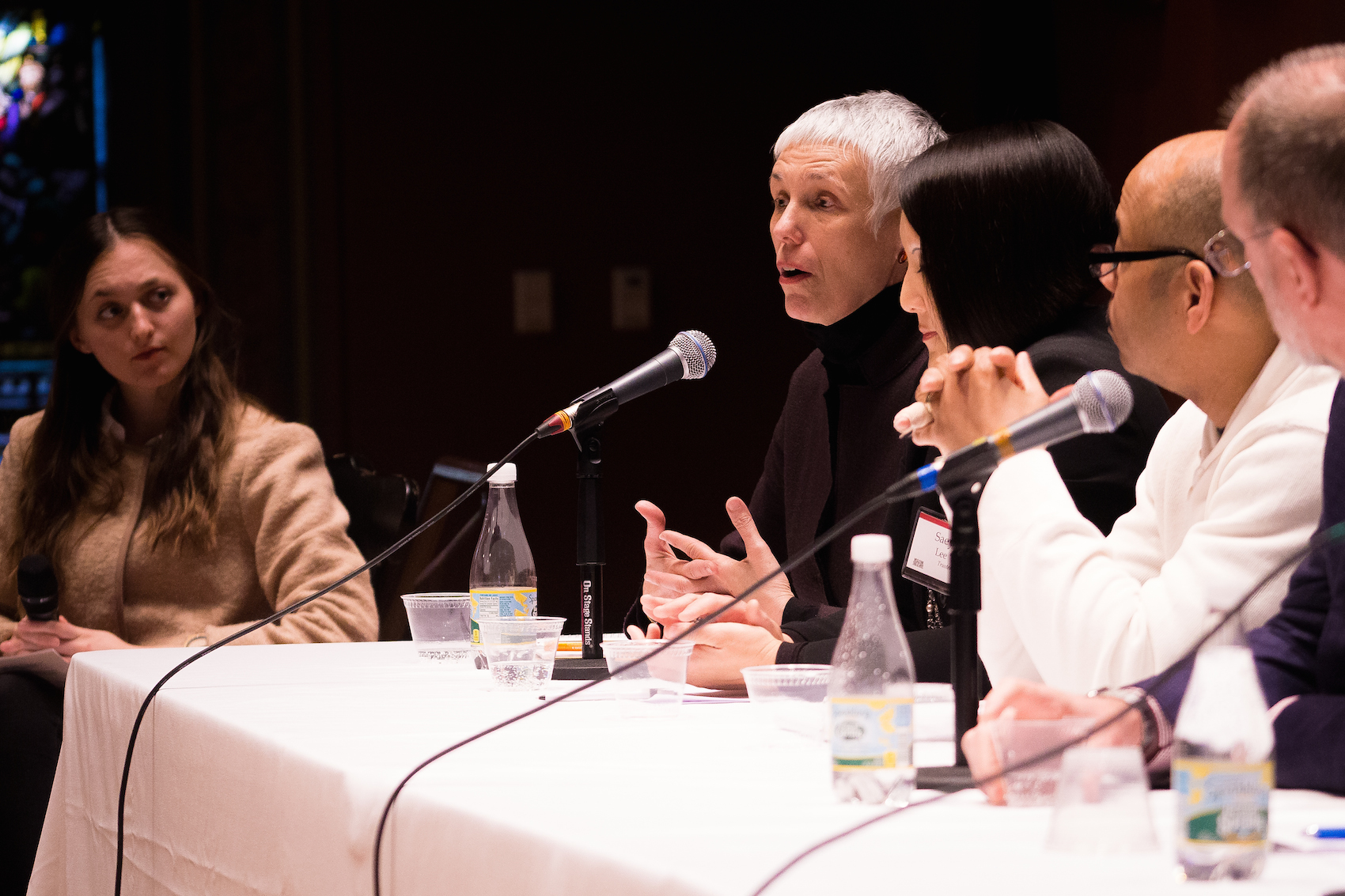
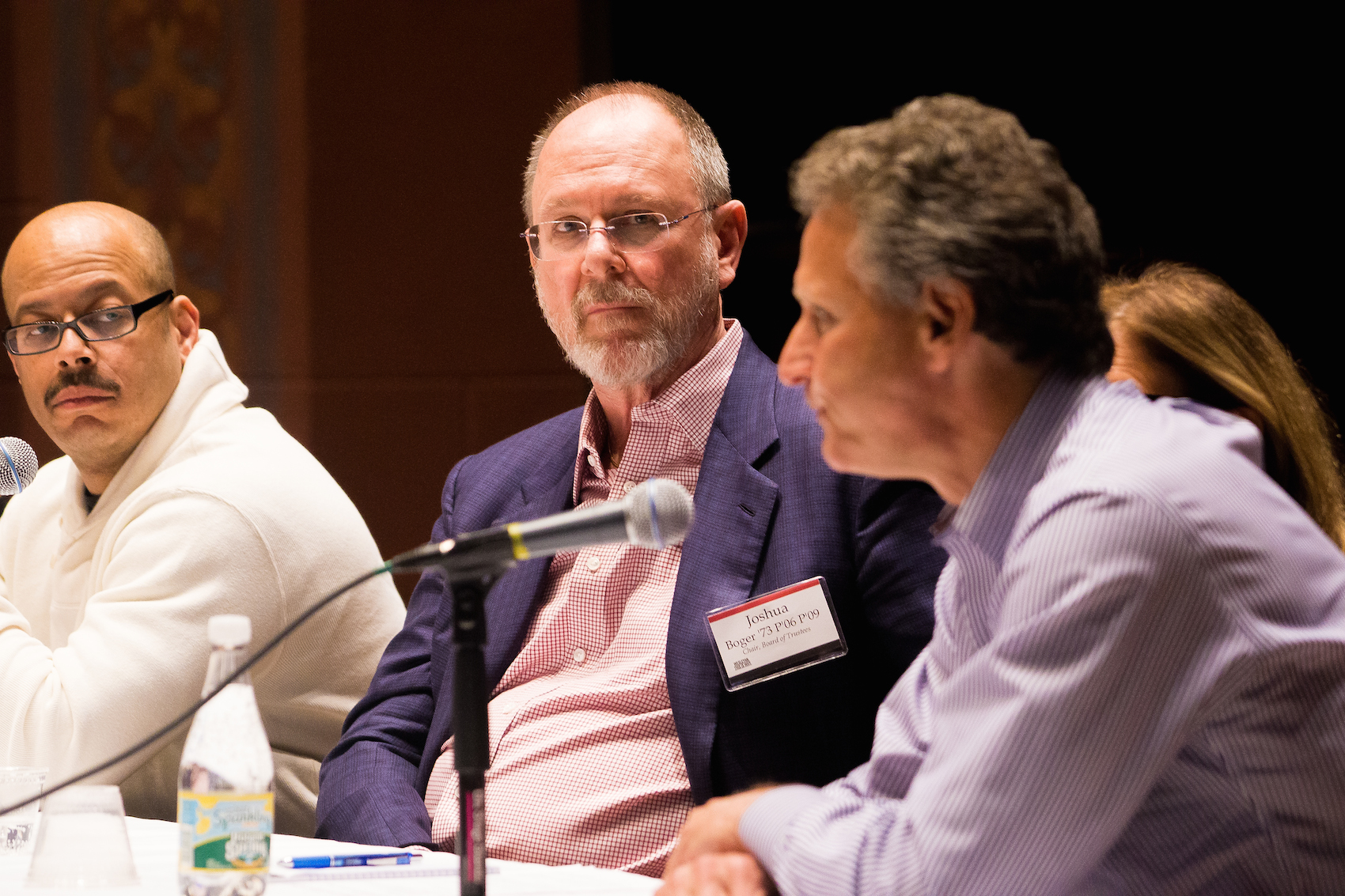
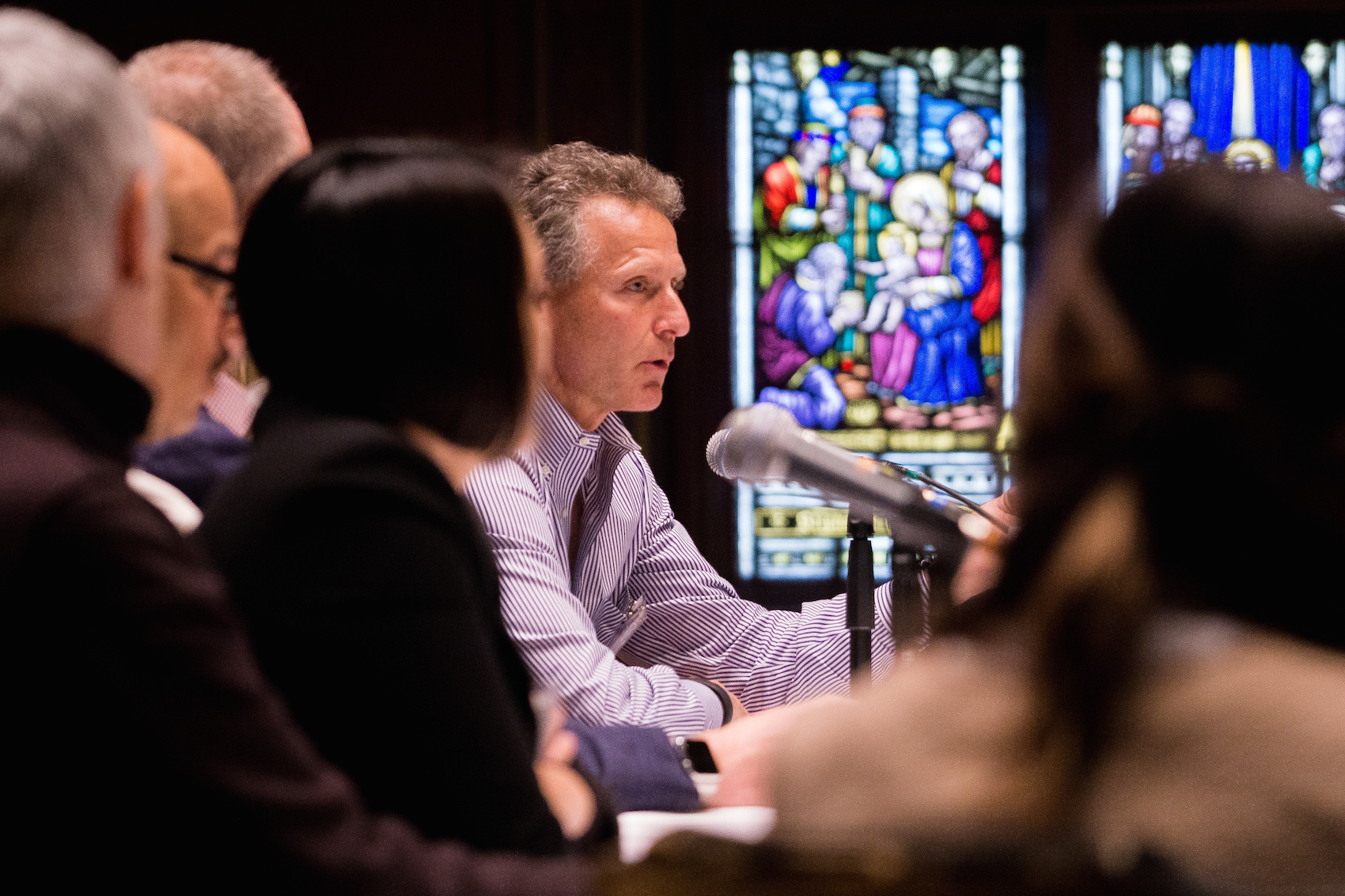
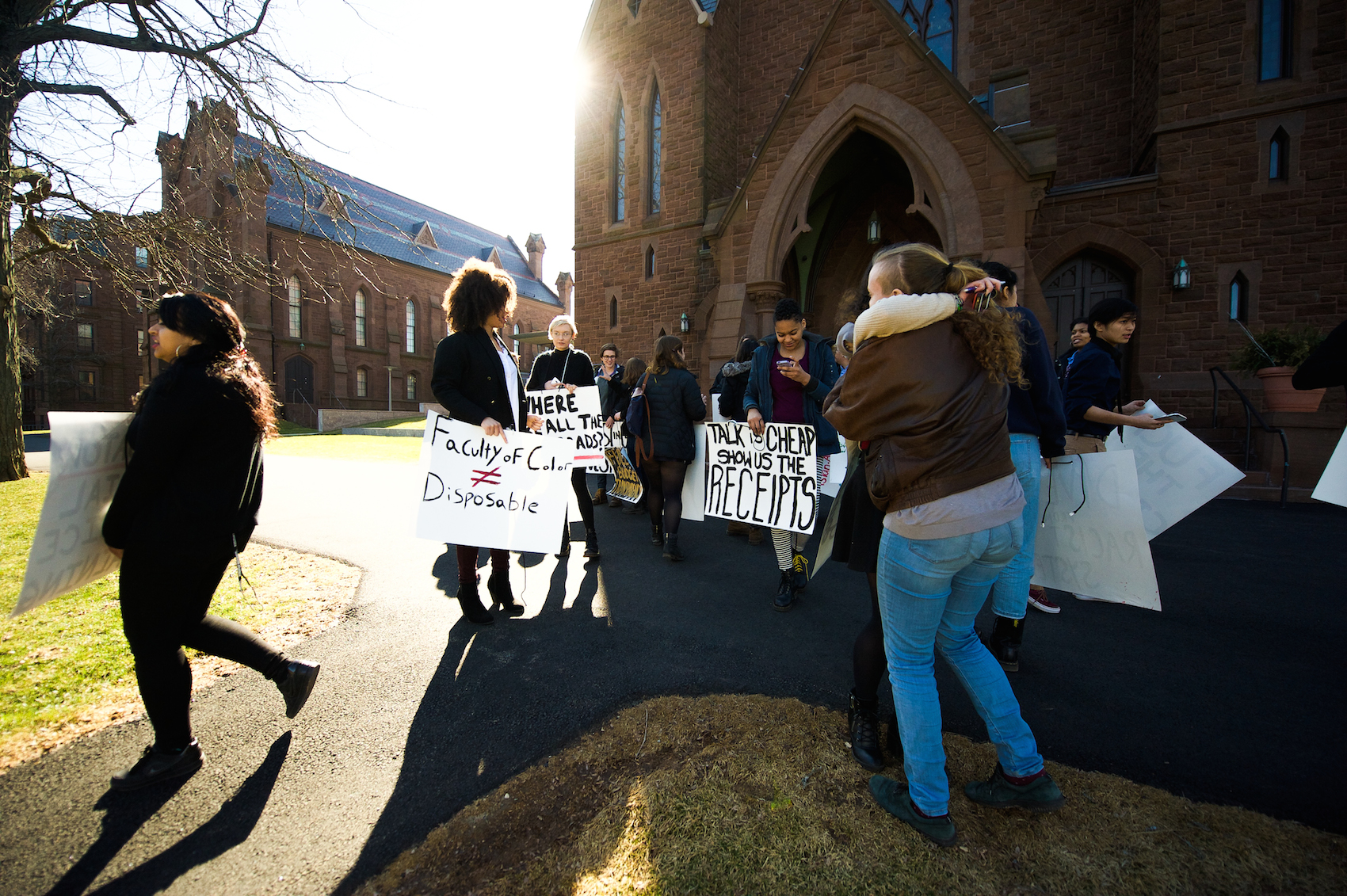
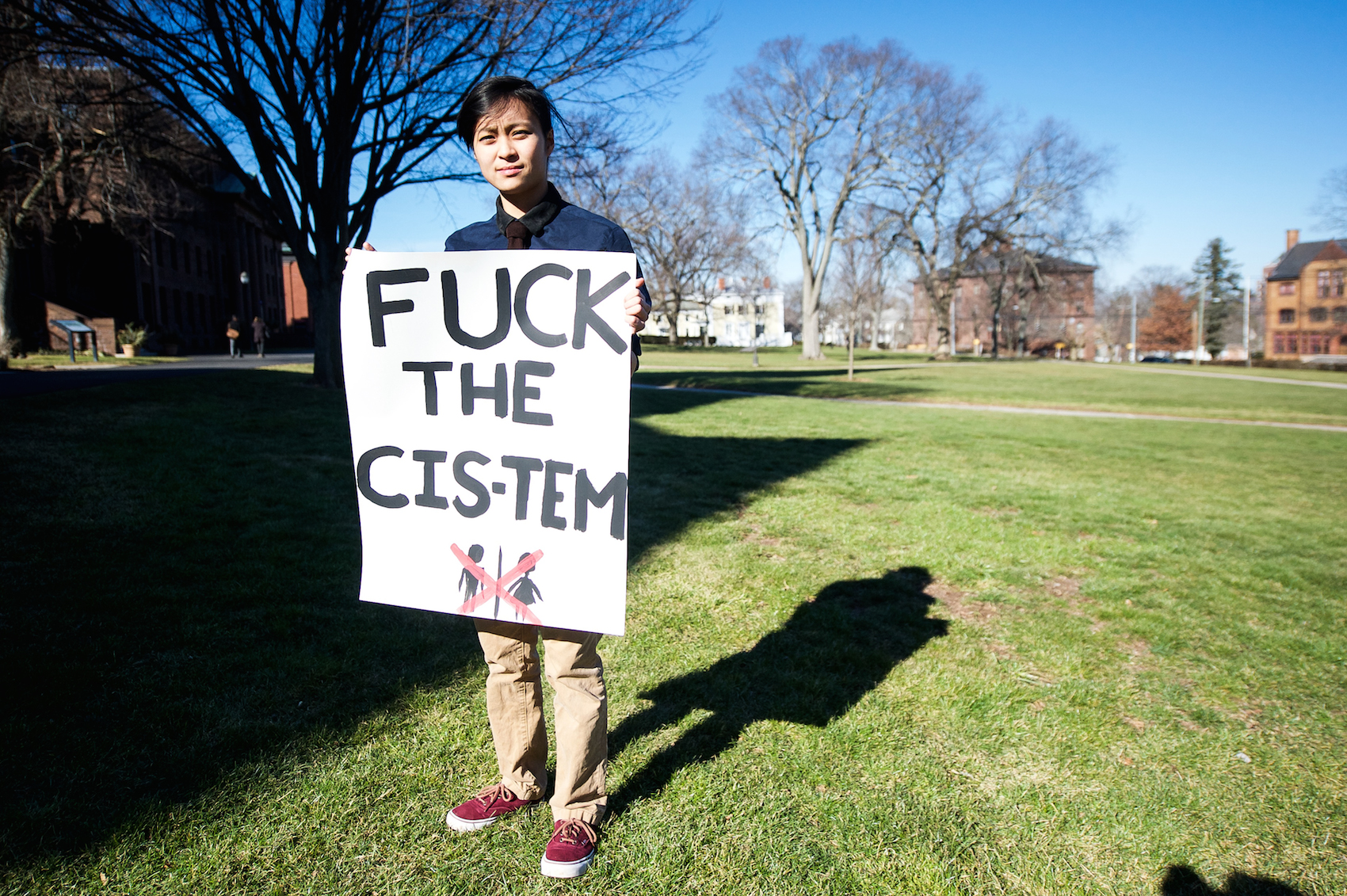

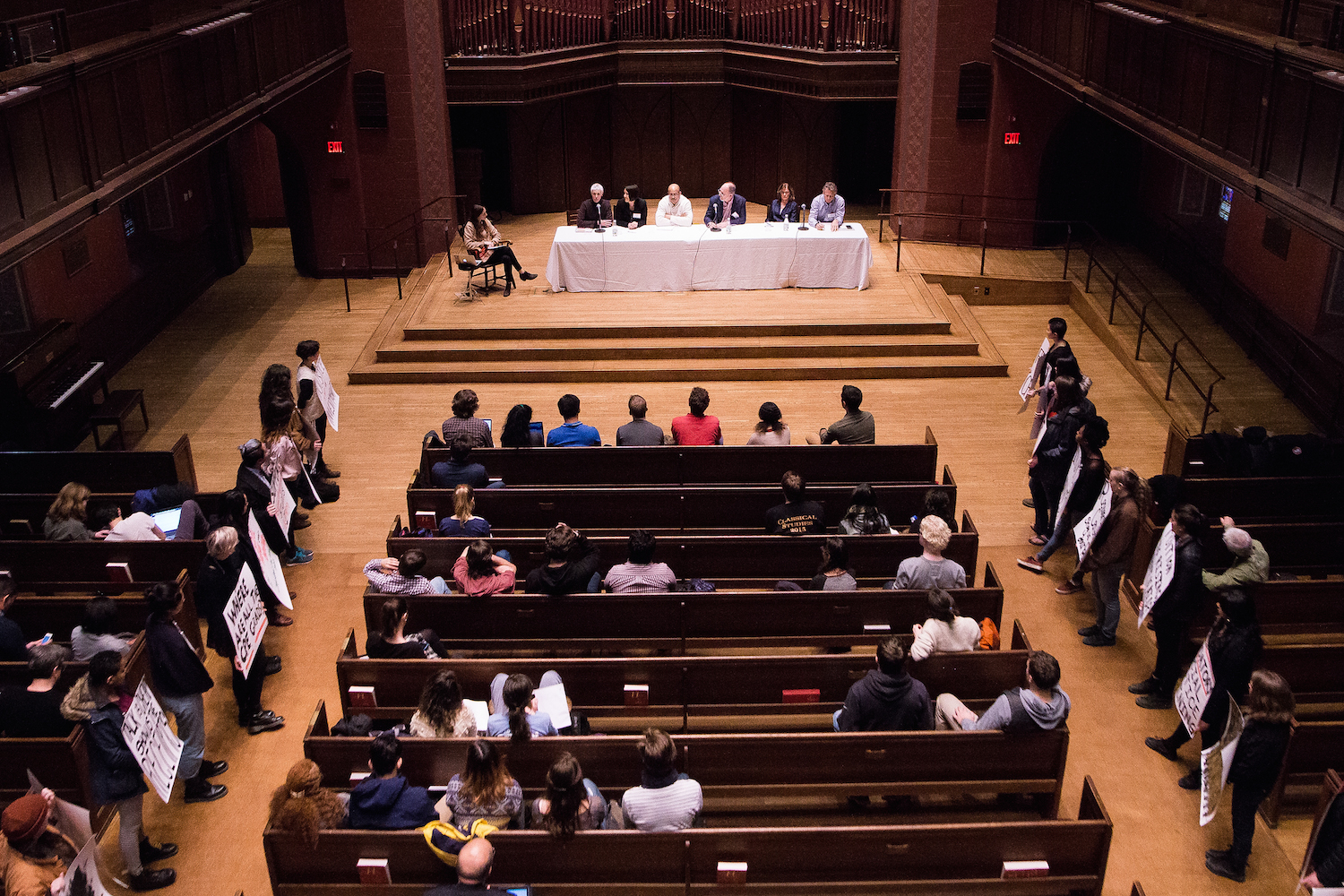
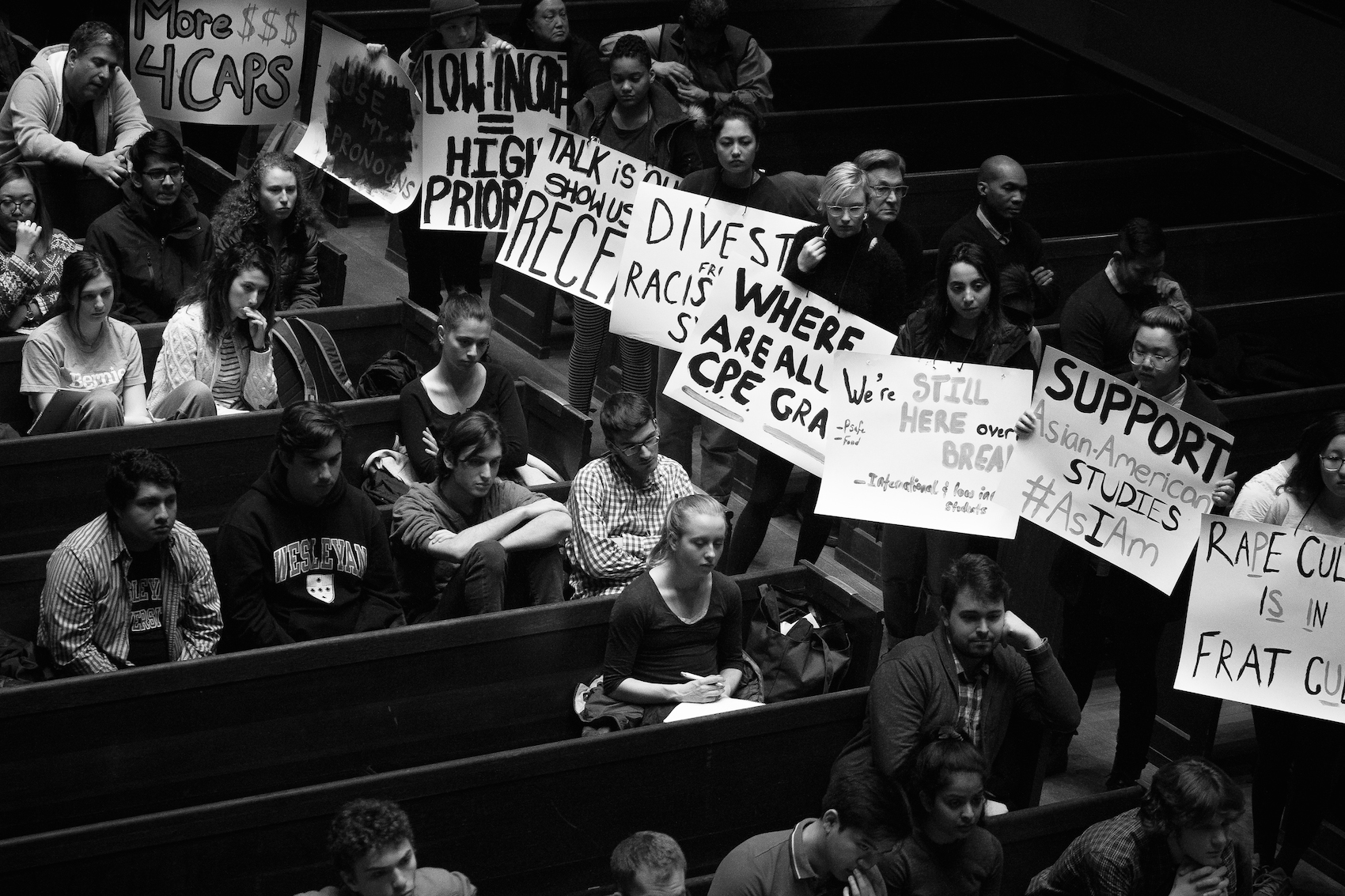
Comments are closed